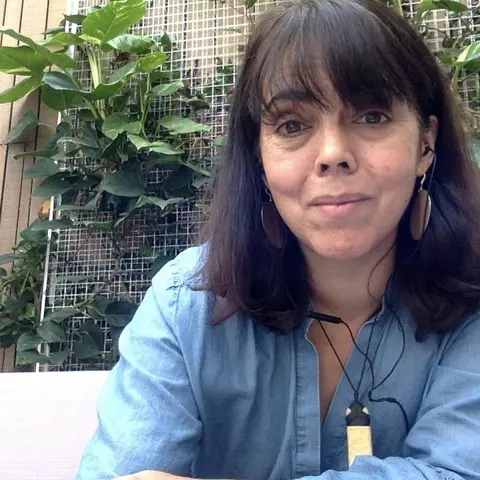Catherine Albisa

Presentations from Facing Race 2018
Discriminatory land use, access to housing and lending create the dynamics of displacement in "desirable" areas and abandonment in others and have long been drivers of structural racism. In response, the movement for community control of land, energy and housing has been growing and developing new strategies to get to scale. This workshop will explore organizing strategies to build constituencies and allies. In particular, we will focus on how to turn defensive fights, such as against polluters or banks deploying abusive foreclosures, into proactive longer-term efforts to transform the way we govern the use of land. We will also explore capacity building strategies to prepare communities to set up community land trusts and other governance vehicles, including the kind of approaches that will ensuring ongoing and vibrant leadership development. Finally, we will cover policy interventions that can equitably finance these efforts while putting the brakes on the speculative economy. In particular, we will discuss alternative public revenue sources that aren't driven by property taxes, tax strategies that penalize speculators, and how to advance a policy framework that isn't relentless focused on raising land values and fueling speculation as a result. In the workshop, participants will break out and be given tools to walk through an assessment of their local context to determine which strategies can be adapted to their city.
The award-winning show follows three best friends born and raised in North Oakland, CA who fight, dream, and plot hilarious schemes to remain rooted as their neighborhood becomes a hostile environment. Facing both urban displacement and environmental calamity, they combat evil landlords, crazy geoengineering plots, and ultimately each other.
Featuring post-screening conversation with filmmaker Josh Healy, actress Reyna Amaya, Forward Together’s Kemi Alabi, and NESRI’s Cathy Albisa.
A New Social Contract workshop will explore the common framework that underlies many of today's most compelling community driven solutions to our current crisis. The workshop will begin assessing what our current social contract is, why it is unraveling, and the key role race and gender played in creating the fissures that enabled today's crisis. It will then turn to exploring what communities on the frontlines of injustice are creating in response as a way forward.
Specifically, the workshop will help participants assess how community land trusts, universal financing for public goods, public banking, and other high bar solutions for equity are connected, and how to create synergy across efforts. Participants will share and explore thoughts on key questions such as: What makes a solution transformative? When does it contribute to building universal and equitable systems? Where do you find intersectional models to address today's inequities? And which solutions deepen inclusive democracy and how?
Participants will also produce a map from their perspective that lays out the contours of a new social contract that weaves equity throughout our systems, institutions, politics, economy and culture. Finally, participants will strategize on how to connect their local work to the concept and effort to reimagine and renegotiate our country's social contract and move from crisis to opportunity.